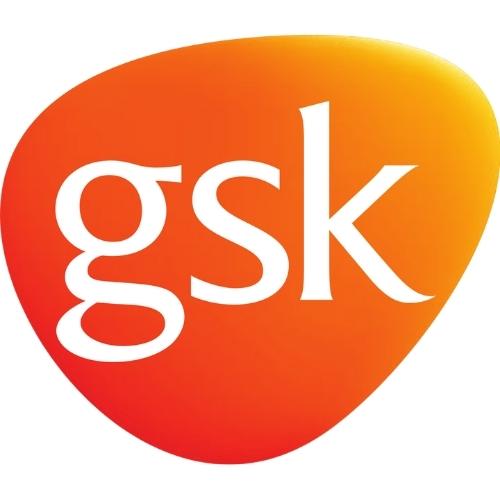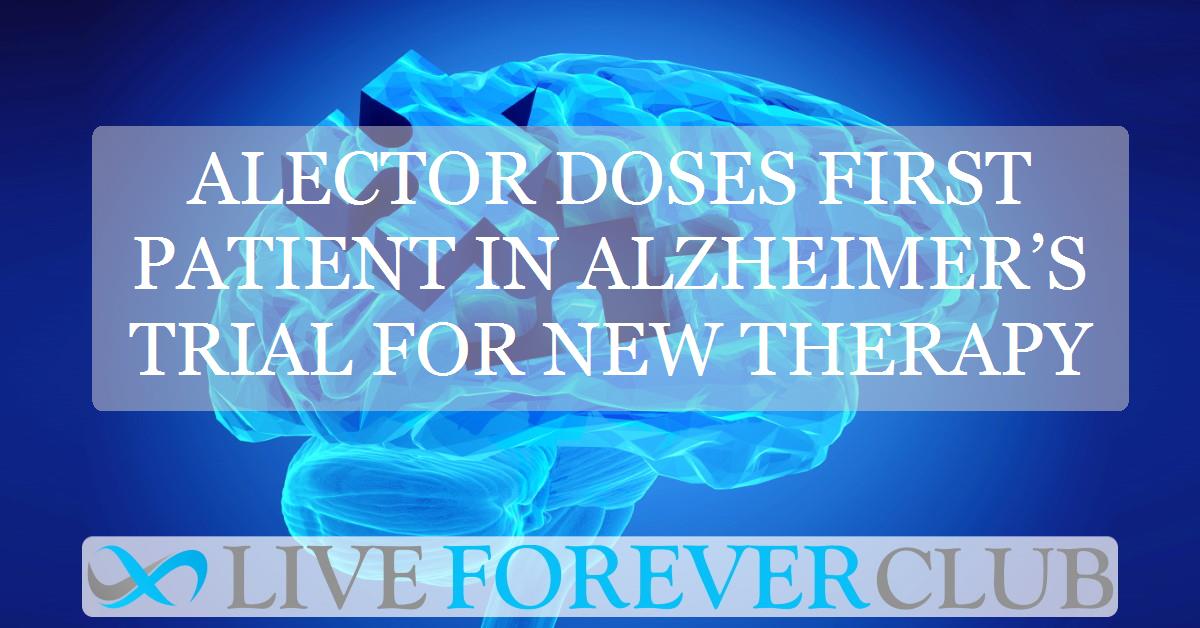Key points from article :
Alector and GSK have announced the launch of the PROGRESS-AD Phase 2 clinical trial, which will investigate AL101, an experimental monoclonal antibody designed to treat early Alzheimer’s disease (AD). The first patient has been dosed in this global trial, which aims to assess the safety and efficacy of AL101 in patients with mild cognitive impairment or mild dementia due to Alzheimer’s. AL101 works by increasing the levels of progranulin, a protein that plays a role in brain immune regulation. This approach is based on the finding that lower progranulin levels are linked to a higher risk of developing AD, while elevated levels can offer protection in animal models.
The trial will enrol 282 participants globally and evaluate two doses of AL101 over 76 weeks, comparing them to a placebo. Researchers will measure disease progression using the Clinical Dementia Rating Sum of Boxes (CDR-SB) scale, which tracks cognitive impairments. AL101 has shown promising results in earlier studies, increasing progranulin levels in healthy volunteers without significant side effects, paving the way for its investigation in larger, more diverse populations.
Alector and GSK’s collaboration on this project, which started in 2021, includes a broader effort to develop and commercialize treatments for neurodegenerative diseases like Alzheimer’s and Parkinson’s. The companies are co-developing AL101 and other progranulin-elevating therapies as part of a long-term partnership aimed at addressing the growing need for effective treatments in this area.







